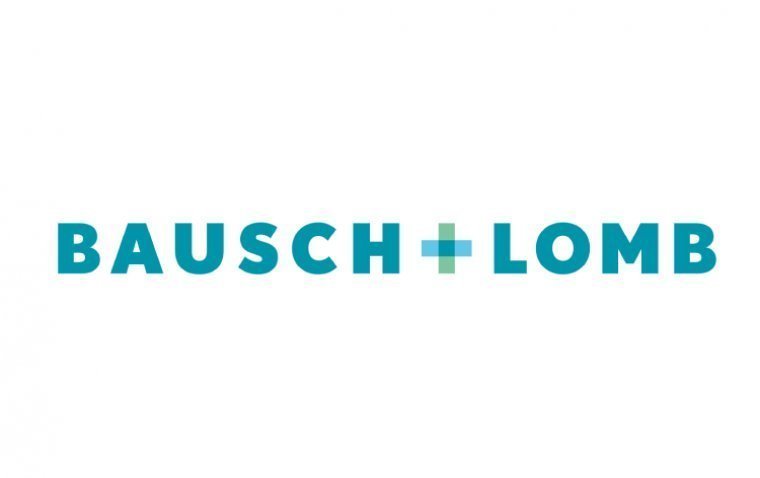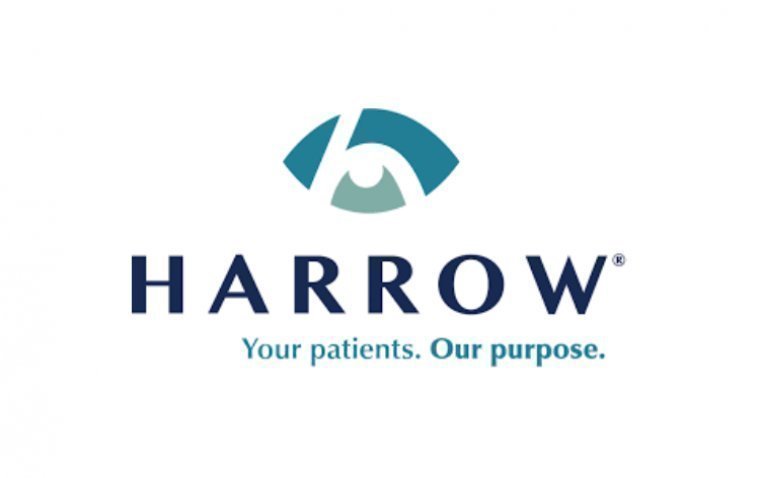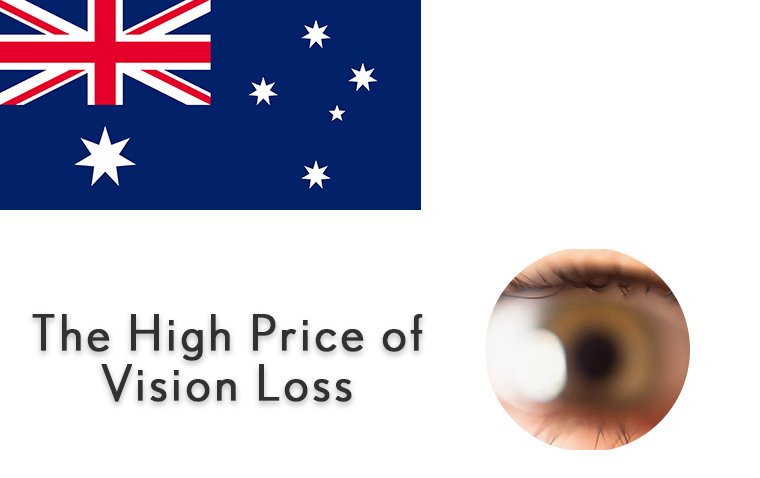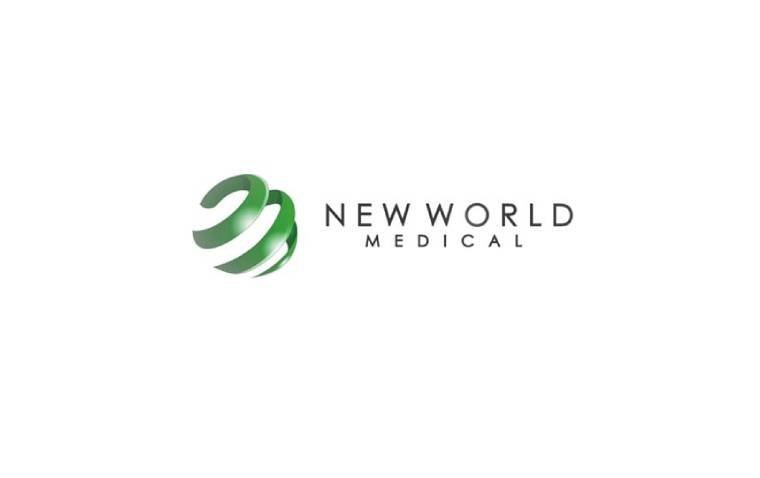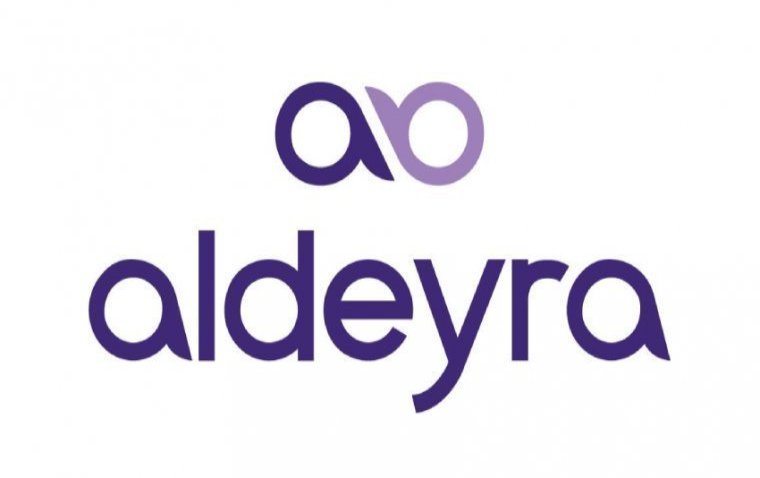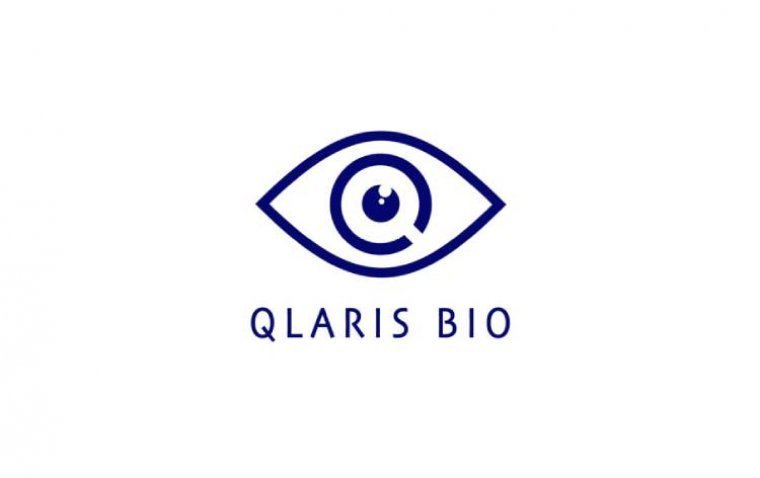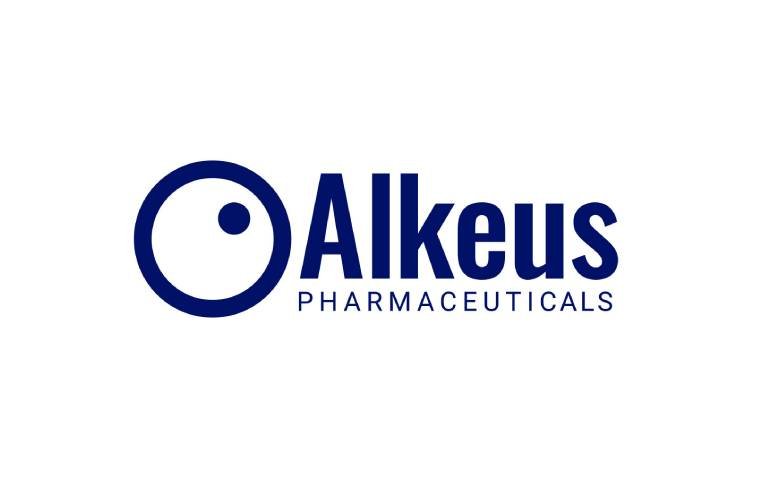
Alkeus Pharmaceuticals Presents Positive 24-Month Phase 2 Data for Gildeuretinol in GA at ARVO 2025
Alkeus Pharmaceuticals, Inc. presented additional 24-month results from its Phase 2 SAGA clinical trial of oral gildeuretinol for the treatment of geographic atrophy (GA) secondary to age-related macular degeneration (AMD). The data were featured during the ARVO 2025 Annual Meeting in Salt Lake City, Utah.
Vision Function and Quality of Life Benefits Observed
Patients receiving oral gildeuretinol demonstrated a slower decline in vision-related quality of life scores, as measured by the VFQ-25 and the Functional Reading Independence (FRI) index, compared to placebo at 24 months.
“We are pleased with these results from the SAGA study which showed that gildeuretinol provides meaningful functional benefits to people living with GA,” said Seemi Khan, MD, MPH, MBA, Chief Medical Officer at Alkeus Pharmaceuticals.
“GA secondary to AMD and Stargardt disease share a common pathophysiology, the accumulation of vitamin A dimers that are toxic to the retina. Importantly, these data, along with the positive results reported from our TEASE clinical program evaluating gildeuretinol for Stargardt disease, provide additional clinical evidence supporting the unique mechanism of gildeuretinol.”
Efficacy Results: GA Lesion Growth and Visual Function
The SAGA study is a double-masked, placebo-controlled Phase 2 trial designed to evaluate the safety and efficacy of gildeuretinol in patients with GA secondary to AMD.
• Primary endpoint: A 13.4% reduction in GA lesion growth rate from 0 to 24 months in the treatment group compared to placebo (p=0.075).
• Sensitivity analysis: Statistically significant 15.3% reduction in GA growth from 6 to 24 months (p=0.047).
• Low Luminance Visual Acuity (LLVA): Statistically significant benefit of 4.4 fewer letters lost over 24 months (p=0.031).
• Best Corrected Visual Acuity (BCVA): Trend toward benefit with 3.3 fewer letters lost at 24 months (p=0.099).
Safety and Tolerability
Gildeuretinol demonstrated a favorable safety profile. The majority of adverse events were mild to moderate, and there were no reports of:
• Delayed dark adaptation
• Chromatopsia
• Vasculitis
Supporting Data from Stargardt Disease Program
In addition to the SAGA trial, Alkeus is also evaluating gildeuretinol for Stargardt disease, a retinal condition sharing the same underlying pathophysiology as GA. Data from the TEASE-1 trial showed:
• A 21.6% reduction in growth of atrophic retinal lesions compared to the untreated group (p<0.001).
• Efficacy was maintained across all pre-specified sensitivity analyses.
• Gildeuretinol was well tolerated, with consistent safety findings across studies.
(1).jpg)
